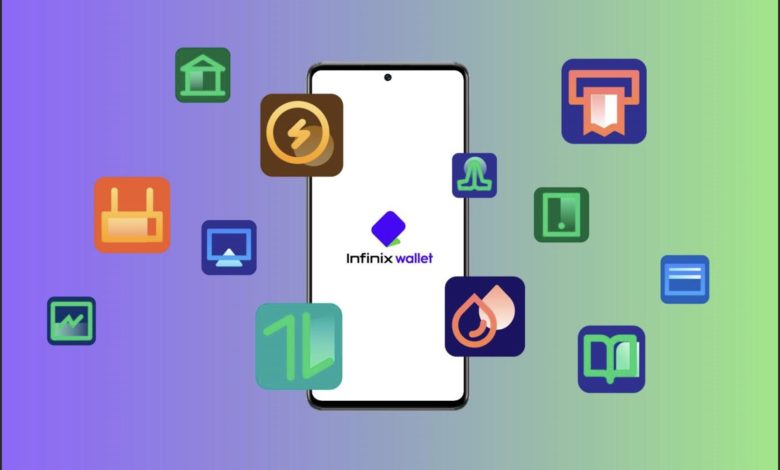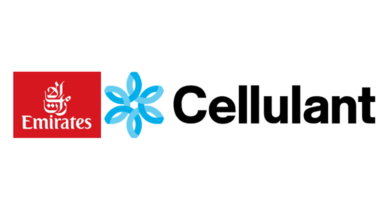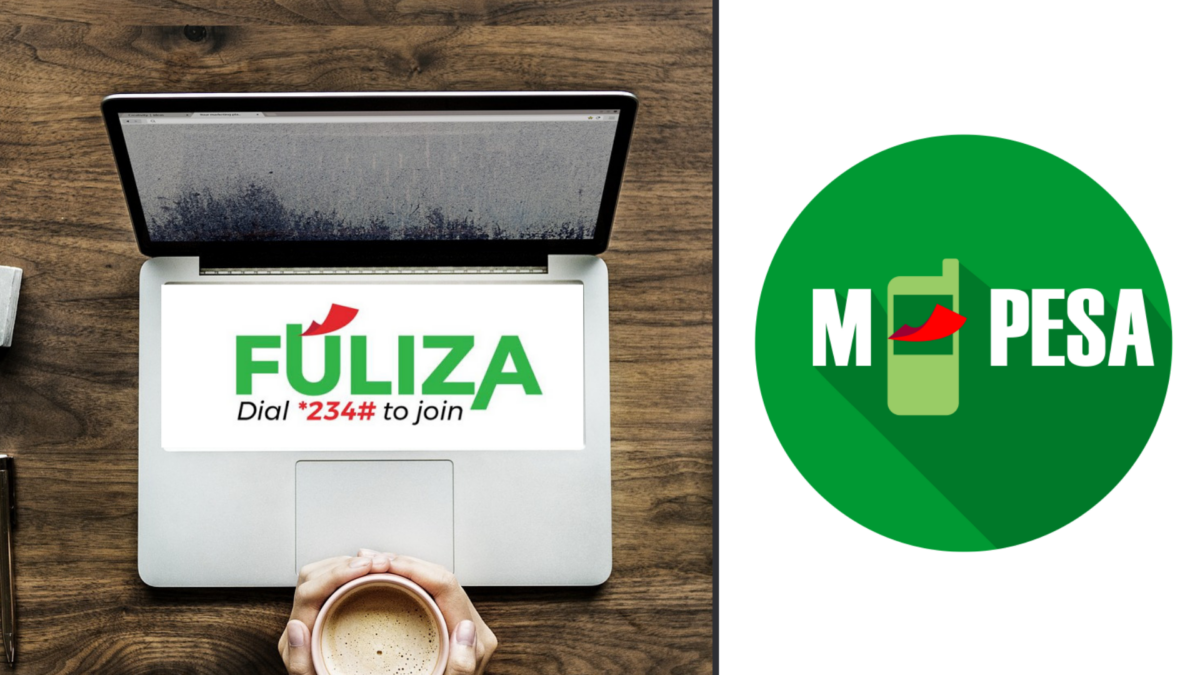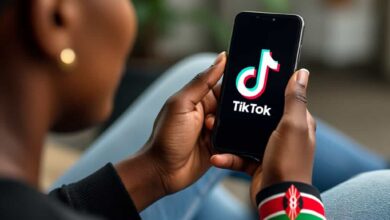
PalmPay, a leading financial services provider in Nigeria, has rolled out a new USSD service to enhance financial accessibility for its users, especially those without reliable internet access. This development aims to make financial transactions more inclusive and convenient, addressing challenges faced by many Nigerians due to network disruptions or the lack of internet connectivity.
Palmpay USSD Code for Financial Transactions
PalmPay’s new USSD code, *861#, offers users a means to manage their finances without requiring smartphones or internet access. This service is particularly beneficial in areas where data outages are common or where users may not have access to mobile data. By dialing the code on any mobile phone, users can perform a variety of financial tasks, including money transfers, bill payments, and balance checks. This new service is expected to provide a much-needed alternative to the PalmPay mobile app, which has amassed over 30 million registered users since its launch.
The introduction of USSD technology is a significant step in PalmPay’s ongoing mission to bridge the gap in financial inclusion across Nigeria. By offering users a simplified way to engage in financial transactions, PalmPay hopes to extend its reach to those who may not have smartphones or access to mobile data, which remains a barrier for millions in the country.
Addressing Digital Accessibility
PalmPay, which began operations in Nigeria in 2019 under a Mobile Money Operator license issued by the Central Bank of Nigeria (CBN), has positioned itself as a major player in Nigeria’s fintech space. The company operates a “superapp” that enables customers to manage money transfers, bill payments, and savings in one place. The USSD service builds on these offerings, ensuring that those who cannot use the app due to device limitations or network issues can still access essential financial services.
A large segment of the Nigerian population remains underserved by traditional financial systems, often due to a lack of reliable access to internet-enabled smartphones. PalmPay’s introduction of the USSD service provides a critical tool for these individuals, enabling them to engage in financial transactions with just a basic mobile phone.
Security Features to Safeguard Users
In addition to improving financial accessibility, PalmPay USSD platform includes an important security measure. Users who lose their phones or have them stolen can freeze their accounts remotely via the USSD platform. This feature is designed to protect customers from potential fraud or theft, allowing them to safeguard their finances until they can regain control of their accounts. Given the high rate of mobile theft in Nigeria, this added layer of security is a timely and necessary feature.
Expanding Financial Inclusion
PalmPay’s influence in Nigeria’s financial ecosystem has been significant since its launch. The company’s platform is not only used by individual consumers but has also facilitated the connection of over 1.1 million businesses, including mobile money agents and merchants. This network has been instrumental in helping individuals and businesses access financial services across the country, many of whom were previously unbanked or underbanked.
Notably, a third of PalmPay’s users report that they opened their first-ever financial account through the platform, marking a significant milestone in the company’s efforts to drive financial inclusion. The expansion of services through the USSD platform further solidifies PalmPay’s role in bringing financial services to underserved communities, particularly those in rural areas or those lacking the resources to access more advanced digital financial platforms.
Challenges in Nigeria’s Digital Financial Space
The launch of the Palmpay USSD service addresses a crucial pain point in Nigeria’s fintech ecosystem: the reliance on internet access for most digital financial services. In Nigeria, frequent data network outages and the high cost of data services have limited the reach of mobile apps that require constant connectivity. As a result, millions of Nigerians have been unable to fully participate in the digital economy.
By offering a USSD code as an alternative, PalmPay is mitigating these challenges, providing a more reliable and accessible option for customers. This move could potentially help the company increase its user base, particularly among those who face barriers to internet access.
Broader Impact and Recognition
PalmPay’s growth trajectory in Nigeria has been marked by its ability to cater to a broad spectrum of users, from individuals accessing financial services for the first time to established businesses. The company’s efforts in fostering financial inclusion have not gone unnoticed. Recently, PalmPay was named one of the World’s Top 250 Fintech Companies in 2024 by CNBC and Statista, a recognition of its growing influence in the global fintech landscape.
Despite this recognition, PalmPay faces the ongoing challenge of meeting the diverse needs of Nigeria’s population. While its smartphone app has gained substantial popularity, the introduction of USSD technology signals a strategic shift to ensure that the platform remains accessible to all Nigerians, regardless of their technological limitations.
Conclusion
The new PalmPay USSD service is a practical solution to the widespread issues of internet connectivity and accessibility in Nigeria. By enabling users to conduct financial transactions via a simple mobile code, the company is addressing a key challenge in the country’s fintech landscape. This service, combined with PalmPay’s existing offerings through its app and network of mobile money agents, underscores the company’s commitment to expanding financial inclusion and ensuring that all Nigerians have access to essential financial services.
At the same time, the introduction of robust security features through the USSD platform reflects PalmPay’s awareness of the risks users face in a country where mobile theft and fraud are common concerns. As the company continues to expand its user base and its network of businesses, the addition of this service represents an important step toward closing the digital divide in Nigeria’s financial ecosystem.






